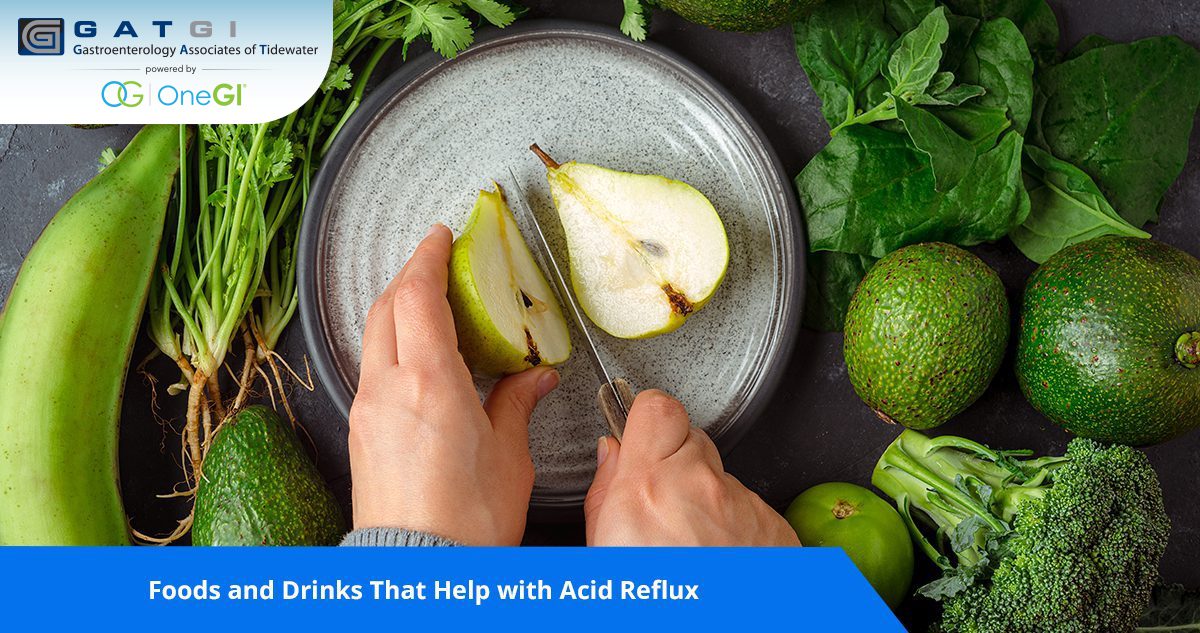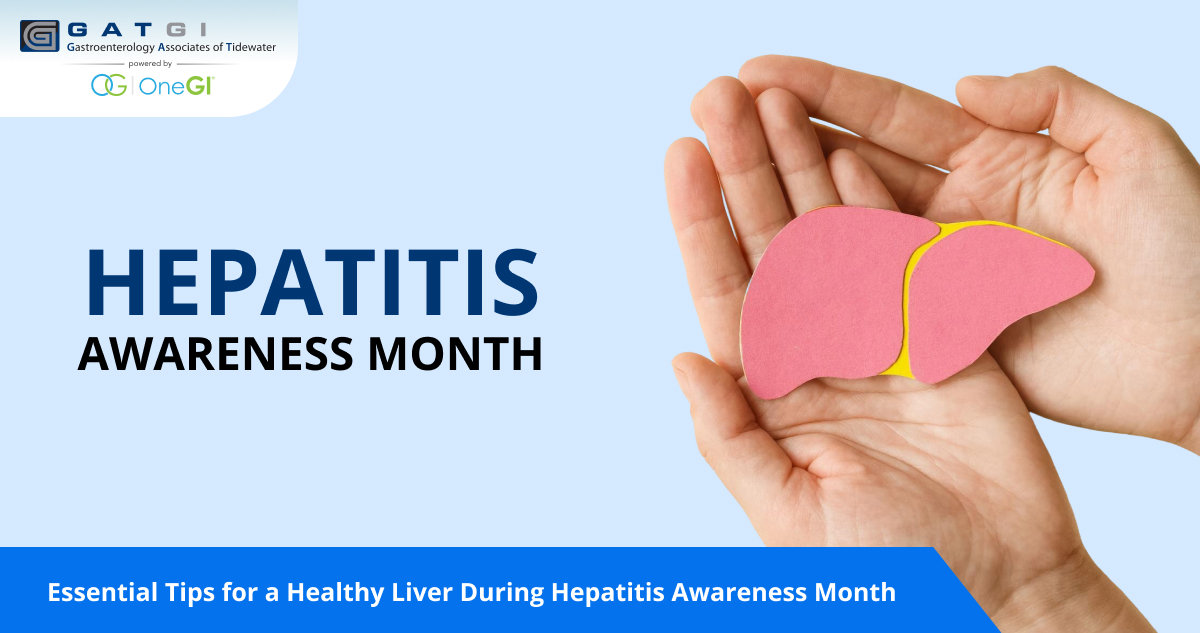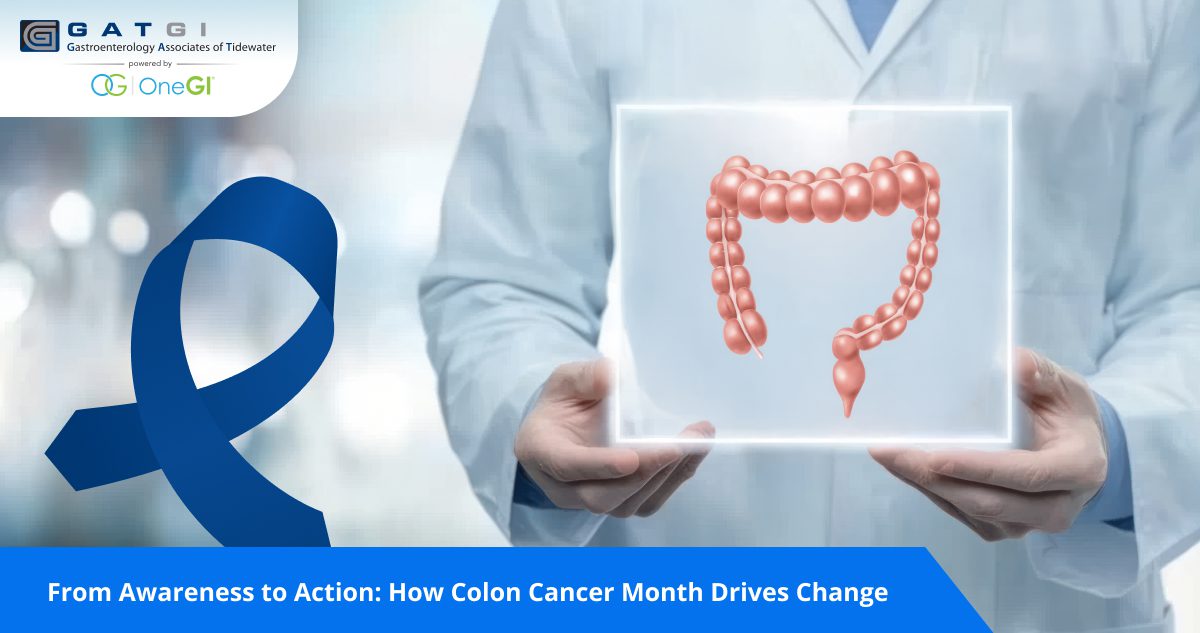If you suffer from acid reflux, you know how uncomfortable and frustrating it can be. Acid reflux, sometimes referred to as gastroesophageal reflux disease (GERD), is a common condition that occurs when stomach acid flows back into the esophagus. This backwash of acid can irritate the esophageal lining and cause unpleasant symptoms like heartburn, regurgitation, and chest discomfort.
Fortunately, there are some foods and drinks that help with acid reflux by soothing the digestive tract and reducing acid production. In this blog post, we’ll discuss what to drink for acid reflux, which foods offer natural relief, and what to avoid if you experience frequent reflux or heartburn. If you’re managing chronic reflux or GERD, understanding the role of diet is a crucial part of symptom control and long-term care.
Best Drinks for Reflux Relief
When thinking about what to drink for heartburn relief, focus on beverages that are non-acidic, non-caffeinated, and low in fat. The right drinks can help soothe irritation and support healthy digestion.
Here are the best drinks for acid reflux:
- Herbal teas – Chamomile, ginger, and licorice teas may reduce inflammation and calm the stomach. Avoid peppermint and spearmint teas.
- Coconut water – Hydrating and has low acidity, it may help neutralize stomach acid.
- Low-fat or non-dairy alternatives – Oat milk, almond milk, or rice milk can be gentler on the stomach than dairy milk.
- Water – Drinking water throughout the day helps dilute stomach acid and flush irritants.
Foods That Soothe Heartburn
If you’re wondering which foods help reduce acid reflux symptoms, these options can provide relief without triggering excess acid:
- Oatmeal – A high-fiber breakfast that absorbs stomach acid.
- Bananas and melons – Naturally low-acid fruits.
- Ginger – Anti-inflammatory and digestive-friendly.
- Leafy greens – Spinach, kale, and lettuce are low in fat and acid.
- Brown rice and whole grains – Gentle, filling sources of complex carbs.
- Lean proteins – Skinless poultry, turkey, fish (grilled, broiled or baked), and tofu are easier to digest.
- Boiled or steamed vegetables – Like zucchini, carrots, and broccoli.
These foods that help with acid reflux can reduce irritation and support long-term digestive health.
Drinks and Foods to Avoid
Certain foods and drinks can trigger or worsen reflux by increasing stomach acid or relaxing the lower esophageal sphincter.
Drinks to Avoid:
- Caffeinated drinks
- Alcohol
- Carbonated drinks (soda, sparkling water)
- Citrus juices (orange, lemon, grapefruit)
- Chocolate drinks
- Full-fat dairy milk
Foods to Avoid:
- Spicy foods
- Fried and fatty meals
- Tomato-based sauces and products
- Citrus fruits
- Garlic and onions
- Peppermint
Avoiding these can help reduce both the frequency and severity of acid reflux episodes.
FAQs About Acid Reflux-Friendly Foods and Drinks
What is the best drink to soothe acid reflux quickly?
Aloe vera juice, ginger tea, or coconut water are often the most effective at quickly calming acid reflux symptoms. (Johns Hopkins Medicine)
Can I drink coffee if I have acid reflux?
Coffee, even decaf, can be a common trigger. Some people tolerate it in small amounts, but many find it helpful to switch to herbal teas or low-acid alternatives.
Are carbonated drinks bad for acid reflux?
Yes. Carbonation can increase stomach pressure and cause acid to escape into the esophagus, worsening symptoms. (ACG Guidelines)
Is milk good or bad for heartburn?
Full-fat milk may worsen symptoms, while low-fat or plant-based milk can be more soothing and less likely to trigger reflux.
What herbal teas help with acid reflux?
Chamomile, ginger, and licorice tea are often helpful. Avoid peppermint tea, as it may relax the esophageal sphincter and make symptoms worse.
What should I avoid drinking with acid reflux?
Avoid coffee, soda, citrus juice, alcohol, and chocolate beverages—these are common reflux triggers.
What foods help reduce acid reflux symptoms?
Foods like oatmeal, bananas, ginger, leafy greens, and whole grains can help reduce acid and support digestion.
If you continue to experience acid reflux or heartburn symptoms, even after making dietary changes, it may be time to speak with a specialist. Our gastroenterologists in Virginia Beach can help you develop a personalized plan for long-term relief. Chronic acid reflux could be a sign of GERD, a more serious condition that requires medical evaluation and long-term management.
At Gastroenterology Associates of Tidewater, our team provides comprehensive care and guidance to help patients understand their symptoms, manage GERD, and improve their quality of life. To schedule an appointment, call (757) 547-0798.






